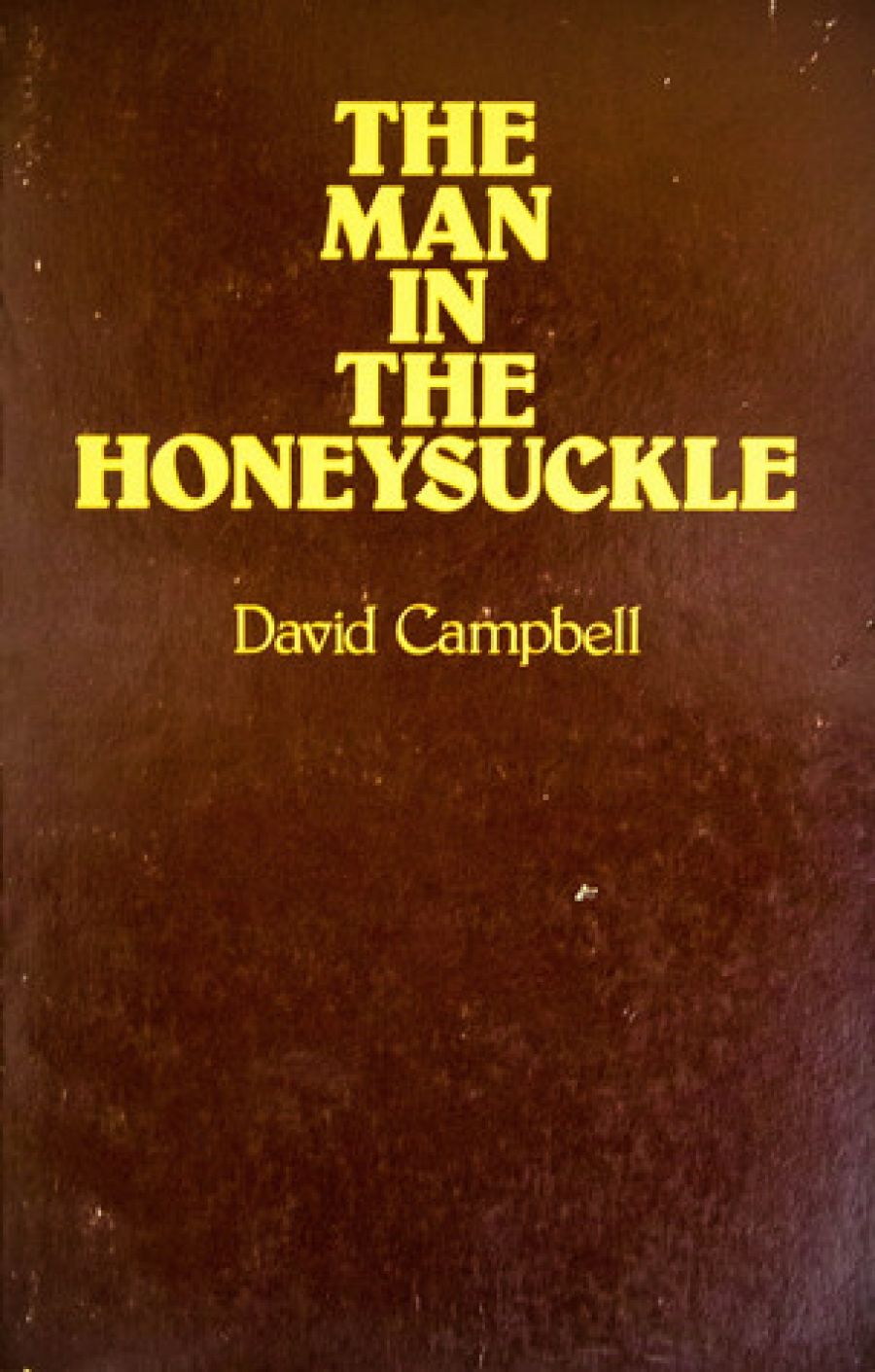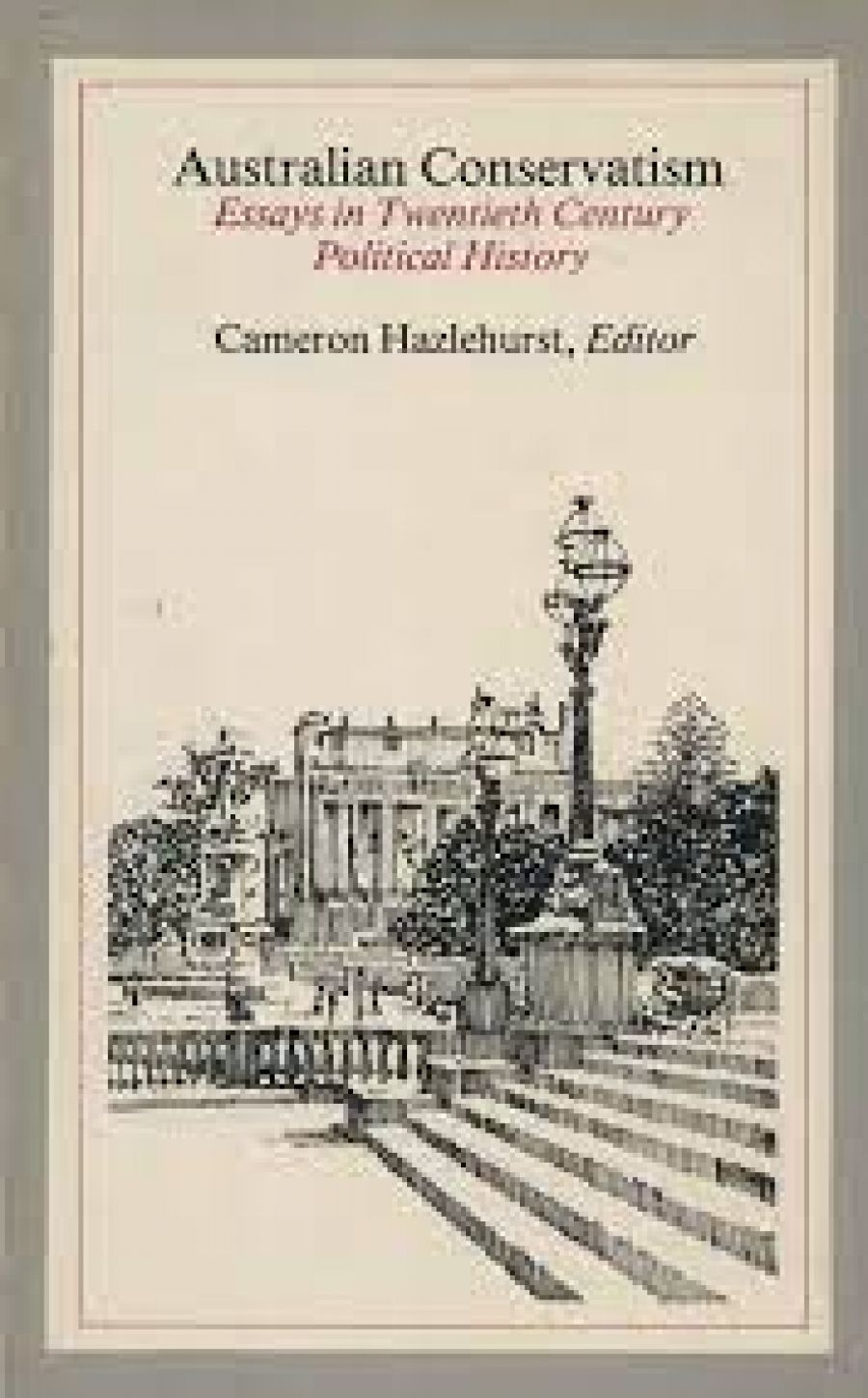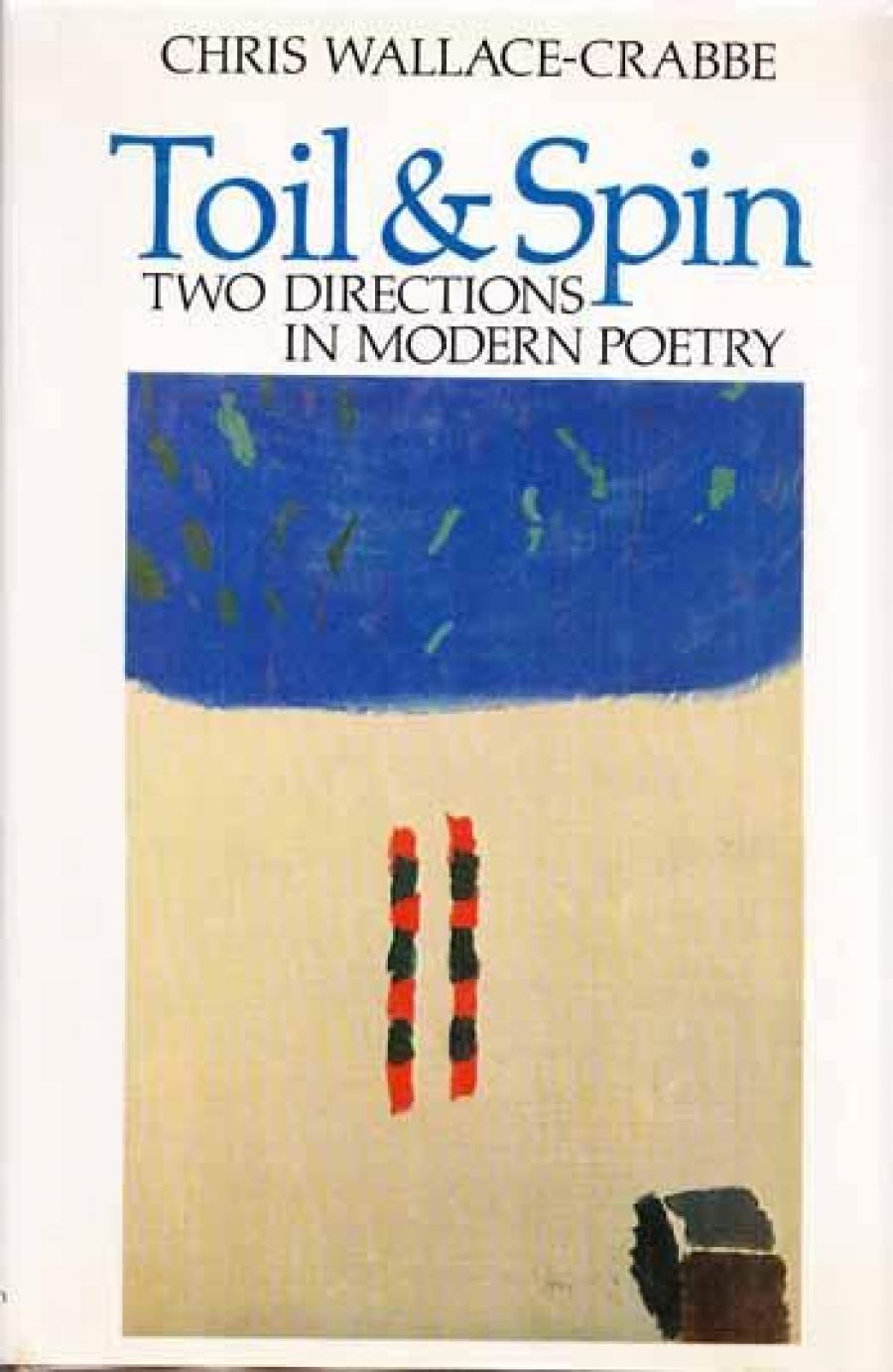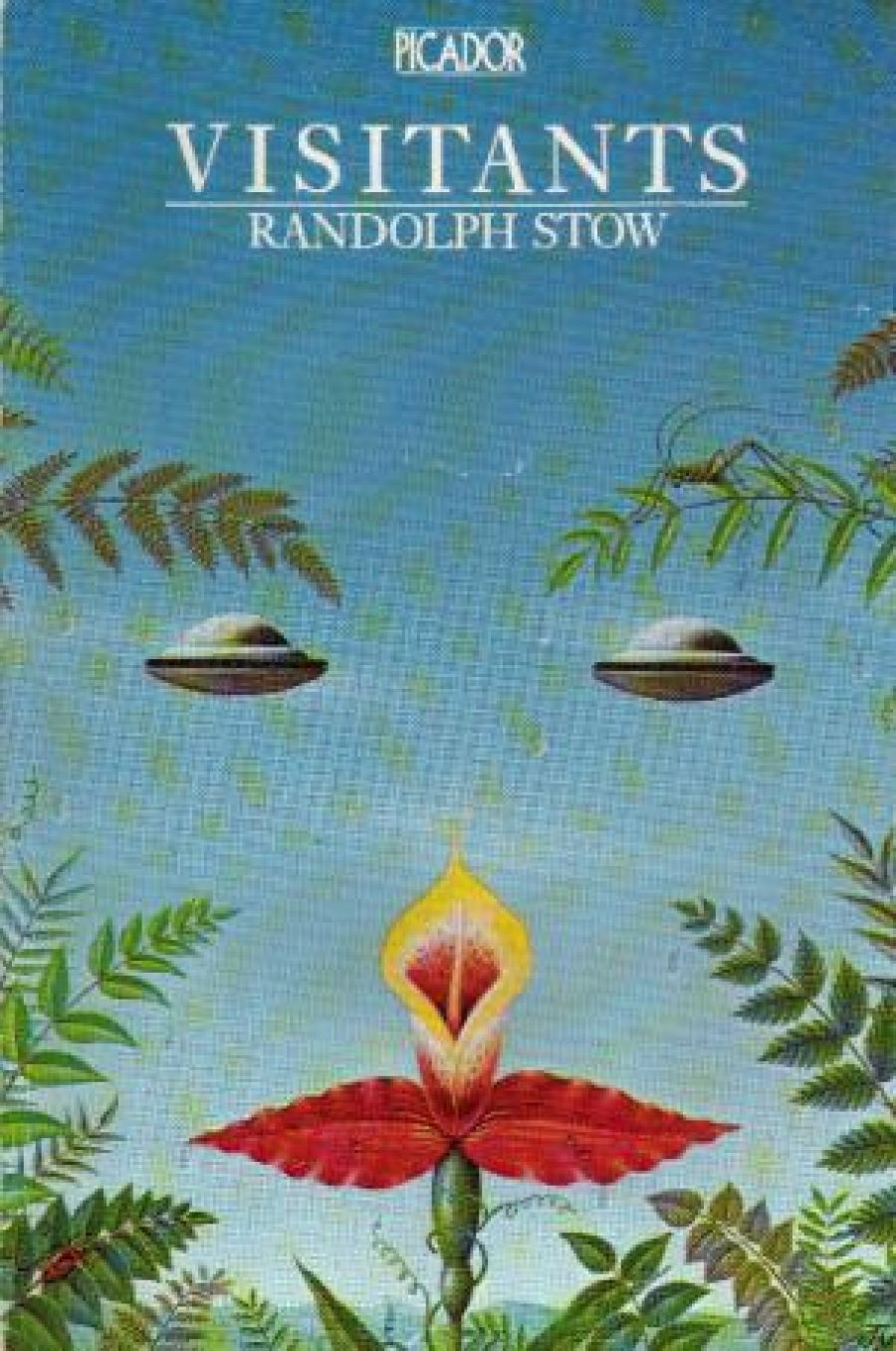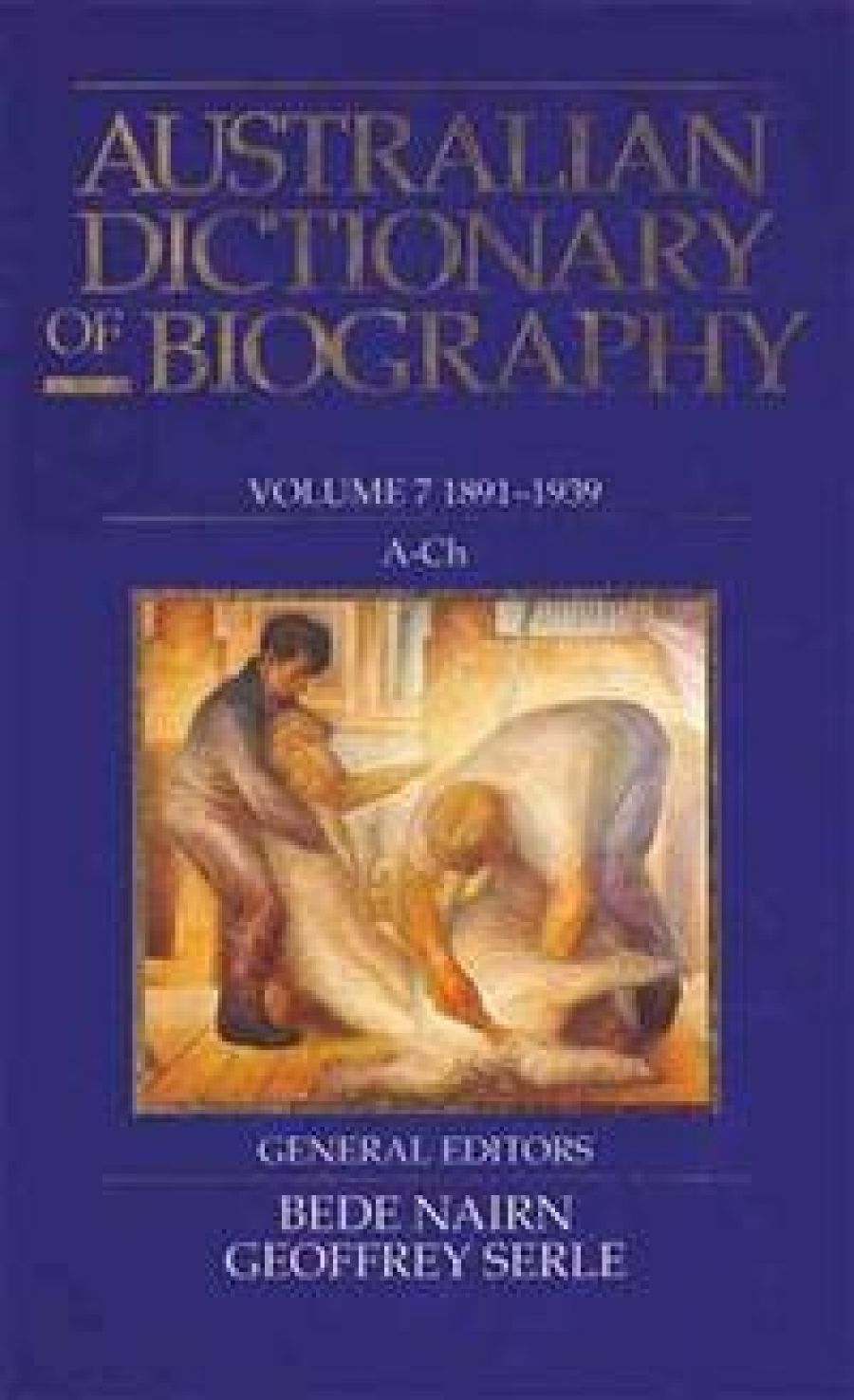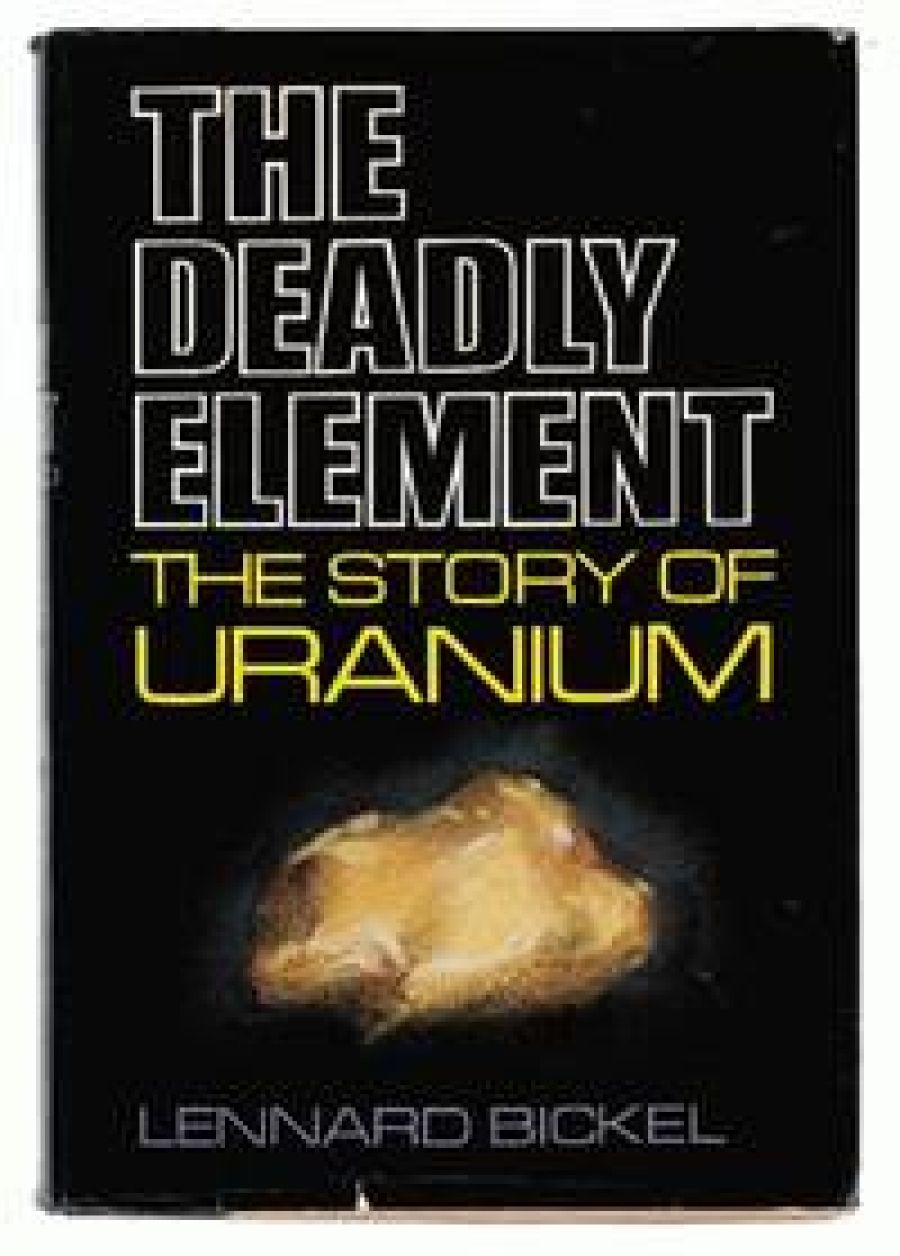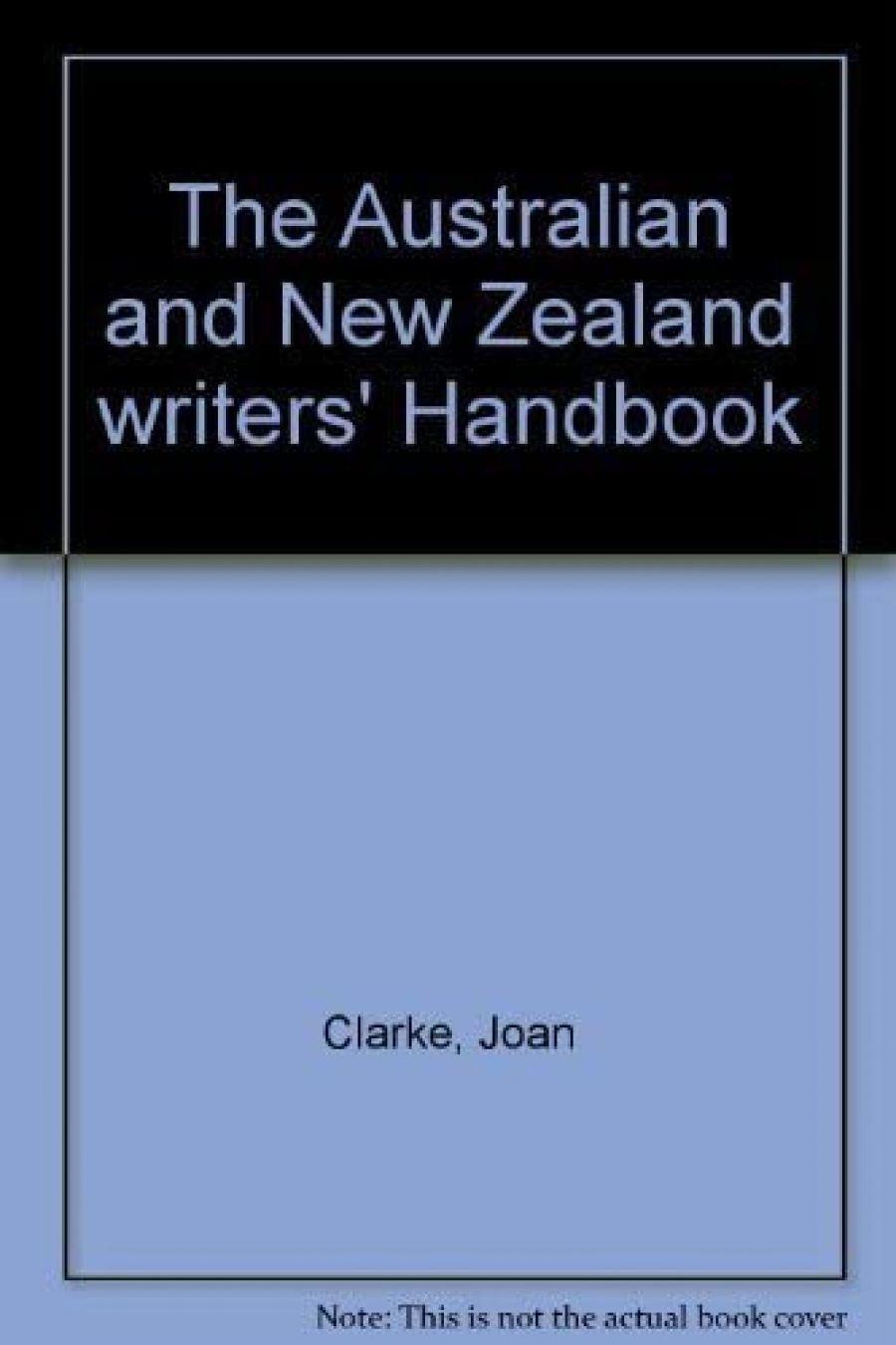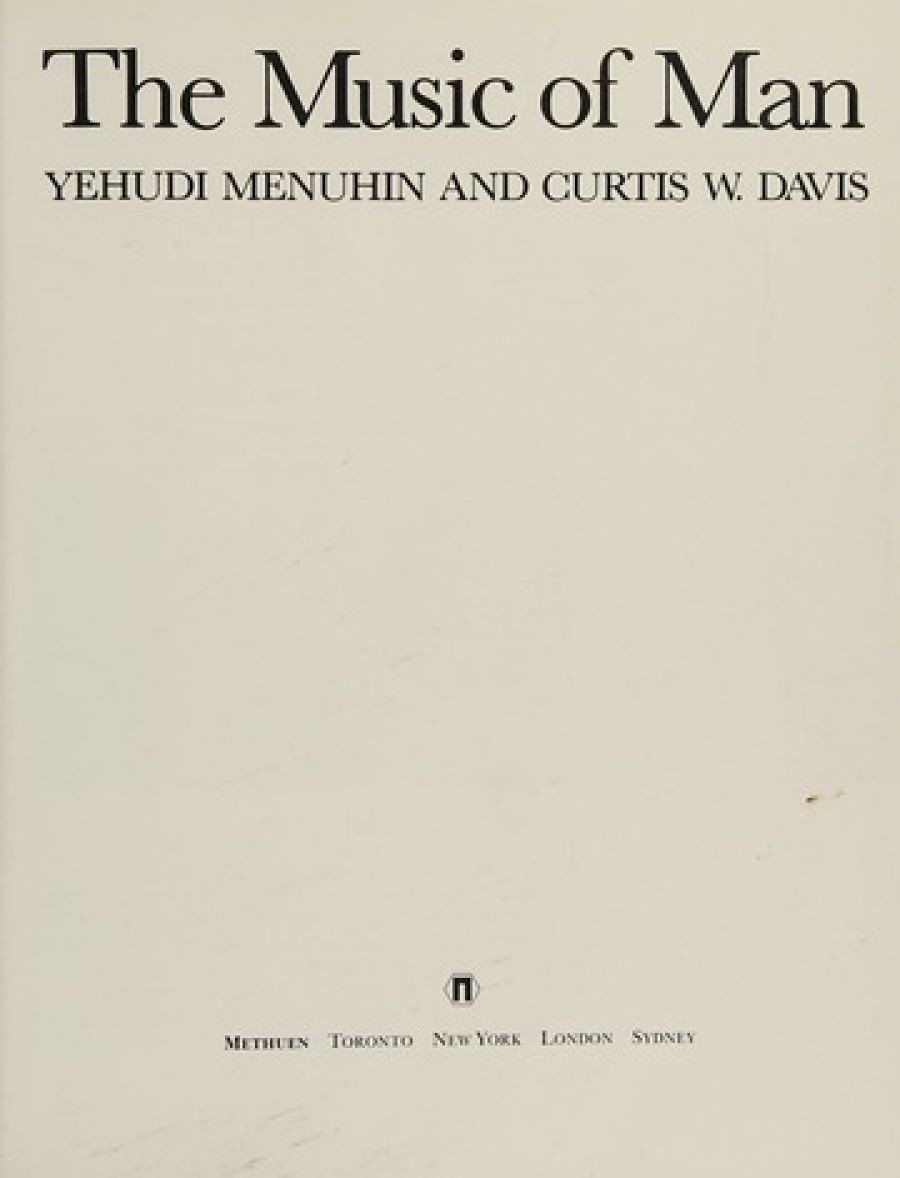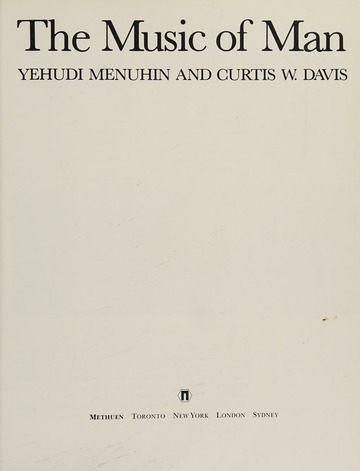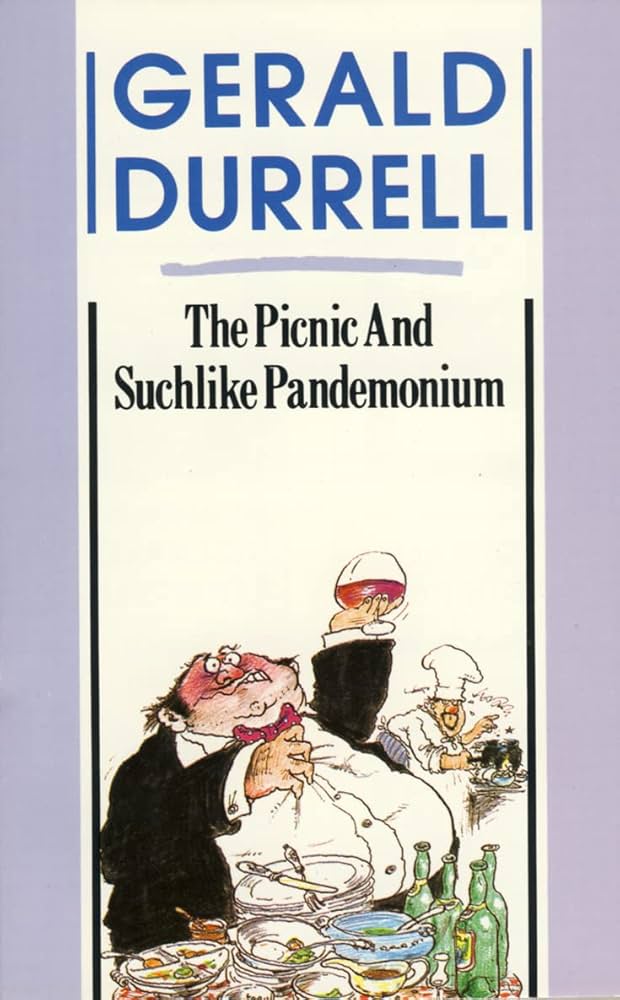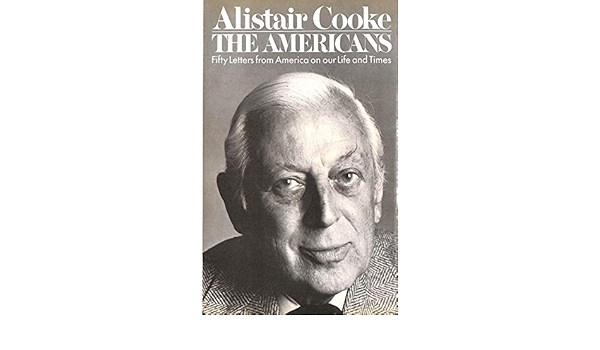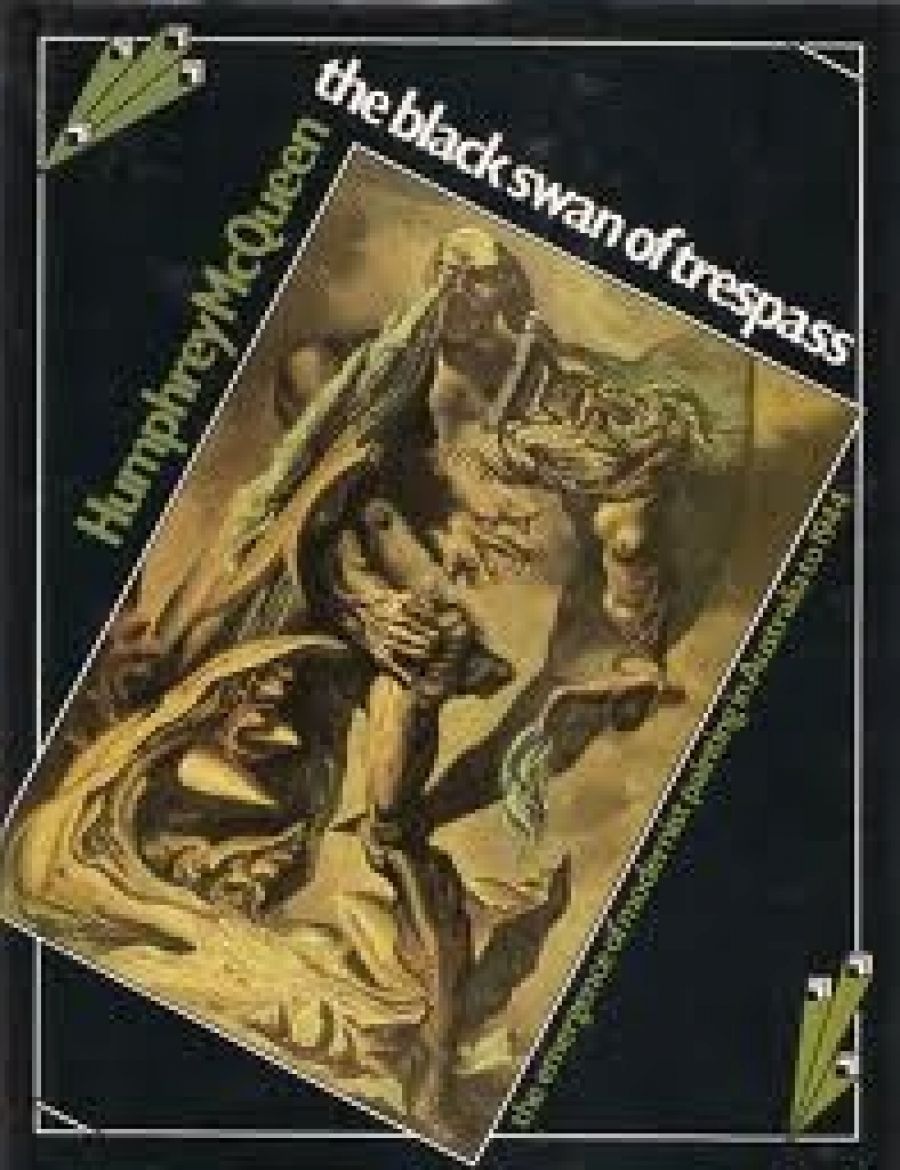
- Free Article: No
- Contents Category: Art
- Custom Article Title: T. Counihan reviews 'The Black Swan of Trespass' by Humphrey McQueen
- Review Article: Yes
- Article Title: Through a glass redly
- Online Only: No
- Custom Highlight Text:
Humphrey McQueen’s new book claims to give an adequate account of the emergence if not the development of modernist paining in Australia up to 1944. In particular he claims to do two things the previous writers in this area have not done or have done inadequately.
- Book 1 Title: The Black Swan of Trespass
- Book 1 Subtitle: The emergence of modernist paining in Australia to 1944
- Book 1 Biblio: Alternative Publishing Cooperative, 178 pp., biblio., $14. 95
Humphrey McQueen’s new book claims to give an adequate account of the emergence if not the development of modernist paining in Australia up to 1944. In particular he claims to do two things the previous writers in this area have not done or have done inadequately.
Firstly, he asserts that previous writers (they remain conveniently anonymous) have been eager to chronicle only the local versions of overseas trends and as a consequence, have ignored the significance of national conditions and an indigenous culture: They have confused migration with derivation and unfairly played down authentic Australian elements in their preoccupation with tabulating the impact of largely European innovations. What their uniquely Australian features are is left unexplained. McQueen ‘s own position is to reverse this, but in turn he merely mirrors the cultural change he rejects. Indeed, his own test embodies analogous errors because of the undisputed priority given to the question: which is preferable, overseas or indigenous culture? (Answer: silly question). McQueen has not yet learned the value of disregarding badly posed problems.
Read more: T. Counihan reviews 'The Black Swan of Trespass' by Humphrey McQueen
Write comment (0 Comments)

